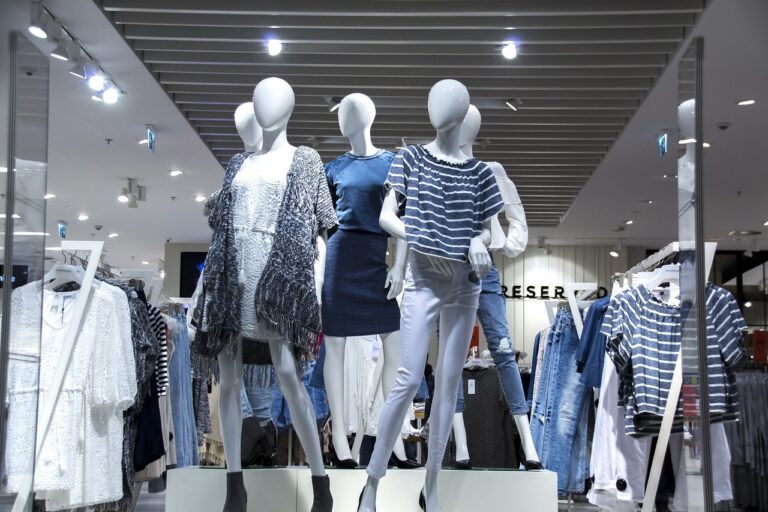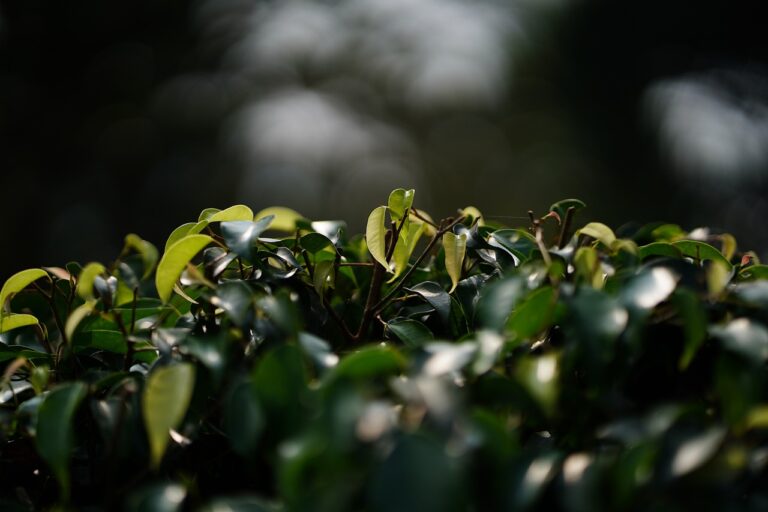Eco-Friendly Fabrics: A Guide for Fashion Consultants and Consumers: Cricbet99, Sky99exch, Reddy club book
cricbet99, sky99exch, reddy club book: Eco-Friendly Fabrics: A Guide for Fashion Consultants and Consumers
In today’s fast-paced fashion industry, there is a growing demand for sustainable and eco-friendly fabrics. As fashion consultants and consumers become more conscious of the environmental impact of their clothing choices, it’s essential to familiarize themselves with the various options available. From organic cotton to recycled polyester, there are numerous eco-friendly fabrics that can help reduce the fashion industry’s carbon footprint. In this guide, we’ll explore some of the most popular eco-friendly fabrics and provide tips on how to incorporate them into your wardrobe.
Organic Cotton
One of the most widely used eco-friendly fabrics in the fashion industry is organic cotton. Unlike conventional cotton, which is grown using harmful pesticides and chemicals, organic cotton is grown using sustainable farming practices that protect the environment and the workers involved in the production process. Organic cotton is not only better for the planet, but it’s also softer and more breathable than traditional cotton, making it a popular choice for clothing, bedding, and accessories.
Hemp
Hemp is another eco-friendly fabric that is gaining popularity in the fashion industry. Hemp is a highly sustainable crop that requires minimal water and pesticides to grow, making it an excellent choice for environmentally conscious consumers. Hemp fabric is also known for its durability and breathability, making it a versatile option for a wide range of clothing and accessories.
Recycled Polyester
Recycled polyester is made from post-consumer plastic bottles and other recycled materials, making it a sustainable alternative to traditional polyester. By using recycled polyester, fashion consultants and consumers can help reduce the amount of plastic waste in landfills and oceans, while still enjoying the benefits of a durable and versatile fabric.
Tencel
Tencel, also known as lyocell, is a sustainable fabric made from wood pulp that is sourced from sustainably managed forests. Tencel is known for its softness and breathability, making it a popular choice for clothing, bedding, and home textiles. In addition to being eco-friendly, Tencel is also biodegradable, making it a great choice for those looking to reduce their environmental impact.
Bamboo
Bamboo fabric is made from the fibers of the bamboo plant, which is known for its fast-growing and renewable properties. Bamboo fabric is soft, lightweight, and moisture-wicking, making it an excellent choice for activewear and loungewear. Bamboo is also naturally anti-bacterial and hypoallergenic, making it a great option for those with sensitive skin.
Linen
Linen is a natural fiber made from the flax plant, which requires minimal water and pesticides to grow. Linen is highly breathable and moisture-wicking, making it a popular choice for warm-weather clothing. Linen is also biodegradable and recyclable, making it a sustainable option for fashion consultants and consumers looking to reduce their carbon footprint.
Incorporating Eco-Friendly Fabrics Into Your Wardrobe
As a fashion consultant or consumer, there are several ways to incorporate eco-friendly fabrics into your wardrobe. Look for clothing brands that prioritize sustainability and transparency in their production process. Read labels and do your research to ensure that the fabrics used in your clothing are eco-friendly and ethically sourced. Consider investing in high-quality pieces made from sustainable fabrics that will last for years to come, rather than opting for fast fashion trends that contribute to environmental degradation.
FAQs
Q: Are eco-friendly fabrics more expensive than traditional fabrics?
A: While some eco-friendly fabrics may be more expensive upfront, they are often higher quality and longer-lasting than traditional fabrics, making them a worthwhile investment in the long run.
Q: How can I ensure that the eco-friendly fabrics I purchase are truly sustainable?
A: Look for certifications such as Global Organic Textile Standard (GOTS) or OEKO-TEX certification, which ensure that the fabrics are produced in an environmentally and socially responsible manner.
Q: Can I recycle clothing made from eco-friendly fabrics?
A: Yes, many eco-friendly fabrics are recyclable and biodegradable, making them a sustainable choice for those looking to reduce their environmental impact.
In conclusion, incorporating eco-friendly fabrics into your wardrobe is an important step towards reducing the fashion industry’s environmental impact. By choosing fabrics such as organic cotton, hemp, recycled polyester, Tencel, bamboo, and linen, fashion consultants and consumers can make a positive difference for the planet while still looking stylish and trendy. By prioritizing sustainability and transparency in your clothing choices, you can help create a more sustainable future for the fashion industry and the planet as a whole.







